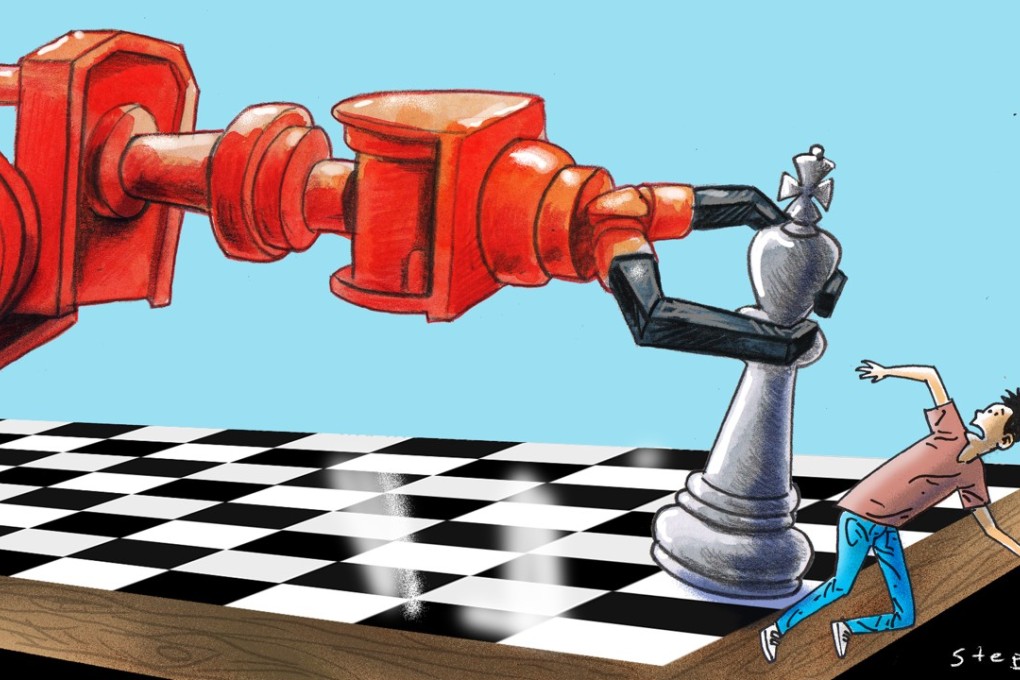In the age of artificial intelligence, can we rise to the challenge of mass unemployment?
Timothy J. Peirson-Smith says we must heed the warnings of the potentially massive job losses that come with technological advances – not by panicking but by devising sensible strategies to deal with all the moral, social and financial issues

Decades ago, AI and robots were introduced into heavy industry – in coal mines, steel plants and car manufacturing – resulting in losses of low-paid jobs that were bemoaned by manual workers alone. Today, however, AI and automation is not merely manufacturing muscle, but – thanks to the blockchain technology used for cryptocurrencies – it can also think, learn and understand infinite languages and respond instantly.
Watch: Goods delivery with the help of AI, robots and drones
Robots will ‘no doubt’ replace millions in the tea industry in a few years, Dilmah CEO says
The myriad of efficiencies and advantages of AI are apparent to business. AI works 24 hours a day, 365 days a year. AI never takes sick leave and needs no overtime payments. But will it only be the middle classes that will be made redundant, and will supervisors and professionals be safe? Perhaps not.
Dragon Law, for example, is a cloud-based legal software solution established in Hong Kong. It and other such sites provide legal support through cloud technology. Further, universities today are restructuring law degree syllabuses, and others, to strip out case study learning as AI simply does it better and faster.

So, if professional advisory roles can be taken over by AI, are we heading towards a jobless society in future? Experts are predicting that over half of today’s jobs are “at risk” to AI in the foreseeable future, with only a minority of elite left working.
